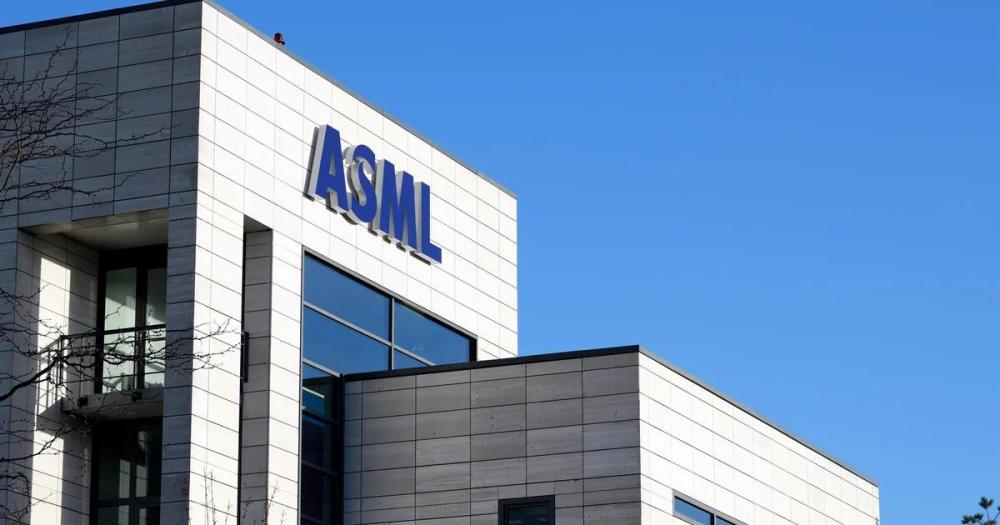In the early morning of March 18, Juan Lárrison Castro Estupiñán, alias’ Matamba ‘, was released from La Picota prison in Bogotá. Although the Prosecutor’s Office claims that it paid the INPEC guards for an elaborate escape plan, the family suspects their voluntary participation because of a fact they consider strange: they have not called them. ‘Matamba’ had slipped away from the authorities with the identity of a dead man, had escaped several times before and was one of the main leaders of the Gulf Clan and a trusted man of Dairo Antonio Úsuga David, alias Otoniel, with whom he shared a criminal past since the AUC.According to the Prosecutor’s Office, in the early morning of that Thursday, an INPEC guard identified as Milton Libardo Jiménez Arboleda allowed the prisoner to wear a dragonante uniform, left doors 1 and 2 of the courtyard open to leave and let him board a vehicle inside the prison to flee.Although the Prosecutor’s Office has shown the security camera videos with whom Matamba would be alias, for the family and the defense there are inconsistencies that allow doubts about the evidentiary material and the conditions in which the escape occurred. “Within the hearings against the INPEC dragonante, the Prosecutor’s evidentiary body determines that there are cameras showing that there is an alleged INPEC uniformed man coming out, but there is no forensic or morphological evidence to determine that the one who came out was Juan Larrinson Castro Estupiñán,” said Angelica Martínez, Matamba’s lawyer. the Blu Radio station.According to the lawyer, after a month of the escape, INPEC has not delivered a document on what happened that night and with the cameras it is not possible to establish that it was the former head of La Cordillera who left the prison that morning, at least not that there was one of his own volition.“First he went out on a motorcycle, then he got out in a car, then he’s still in the car but not on the license plate. So there is not much evidence that would lead me to a certainty of the escape, that makes us think about the issues that were going to be discussed, since we already had a close relationship with the Attorney General of Colombia,” lawyer Martínez told Semana magazine.A hearing was reportedly scheduled for 8 April to define a possible pre-agreement that he would sign with the Prosecutor’s Office. It had originally been scheduled for March 3, but it was not possible due to lack of a lawyer. But, on the eve of an extradition, he would also have sought to approach the American justice system.The lawyer argues that the information about these proceedings involved military, civilians and other individuals, so she raises the question that just before the hearings took place, Matamba disappeared from prison, so they raise the possibility of an enforced disappearance. This hypothesis is also based on the fact that according to the family, Larrison Castro has not communicated with them. Although to accept it would be to acknowledge his escape and they are not obliged to give it away; they maintain that he did communicate constantly even when he was in hiding.In this regard, the Matamba trial will enter into a report of disappearance that will be made by his lawyer, who was assigned to represent him and who had resigned after the defender’s office was not recognized. The United States also requested extradition from INPEC members who allegedly assisted in the escape.Regarding the escape in which several agents of Inpec were allegedly involved, it was revealed that the drug trafficker had offered 3 to 4 million dollars for his escape. Milton Jiménez, one of the agents of INPEC indicated to participate in these events, would have been in charge of coordinating everything to facilitate Matamba’s departure from La Picota but has not accepted the charges.KEEP READING:The number of soldiers killed by Gulf clan attack in Frontino, Antioquia increased to sixThe controversial military career of Mario Montoya, the former army commander pointed out by Otoniel to collaborate with the paramilitaries


